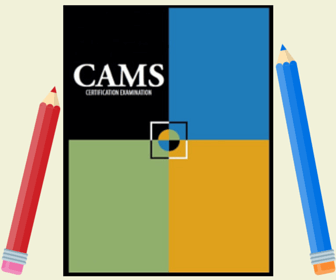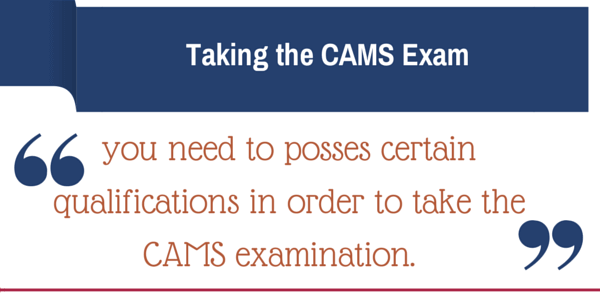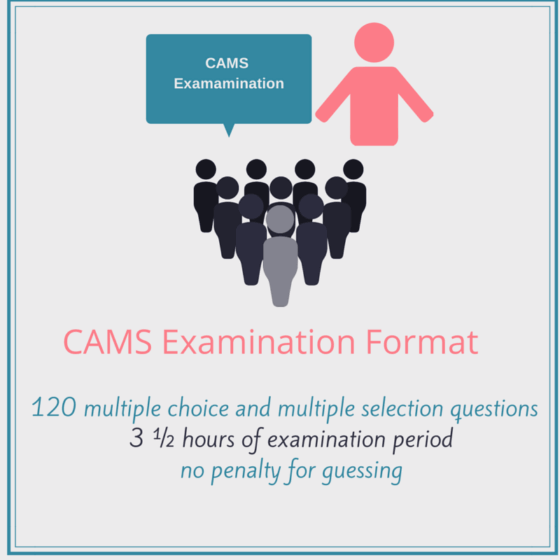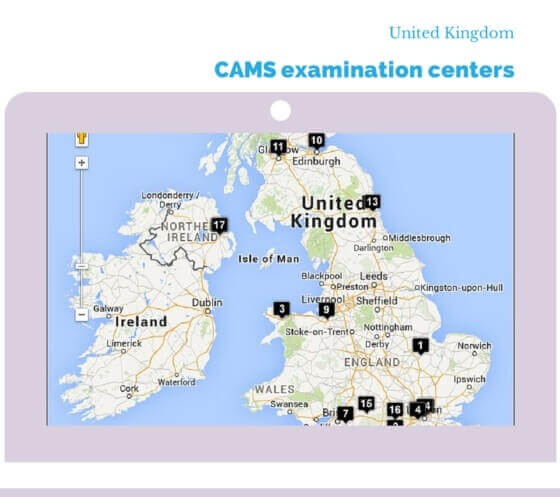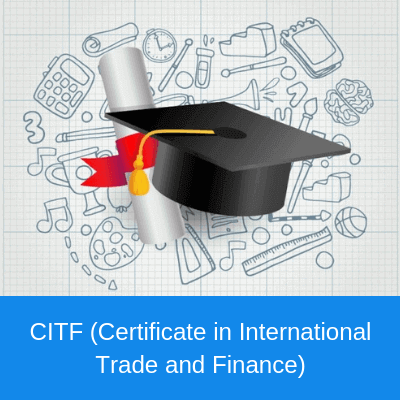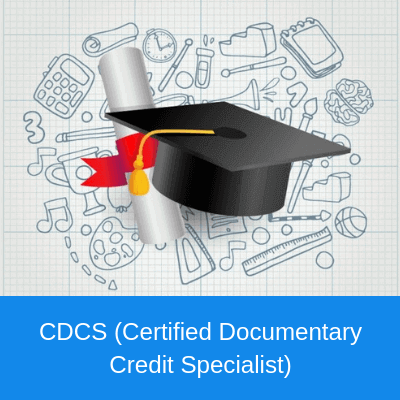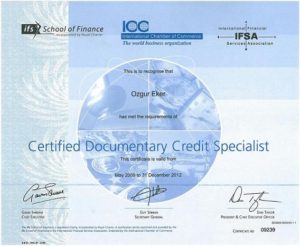| Learning Outcome | Syllabus |
|---|
Learning Outcome:
1. Understand the main types, characteristics and uses of documentary credits. | Syllabus:
• Understanding of the term documentary credit
• A basic documentary credit transaction (including generic flow
chart of this process)
• Types of documentary credit
• Primary characteristics of documentary credits
• Secondary characteristics of documentary credits:
- Revolving credits
- Instalment
- Advance payments
- Transferable
- Evergreen
- Clean
- Direct pay
• Categorisation of documentary credit by type and characteristic
• Commercial documentary credits
• Standby letters of credit |
Learning Outcome:
2. Know the industry rules, standards, guidelines and trade terms that govern the delivery of documentary credit transactions. | Syllabus:
• Incoterms 2010®
• UCP 600 – Uniform Customs and Practice for Documentary
Credits
• ISP98 – International Standby Practices
• URR 725 – Uniform Rules for bank-to-bank reimbursement
under documentary credits
• ICC decision on original documents (Appendix to ICC
publication 645 – ISBP)
• ISBP 681
• eUCP |
Learning Outcome:
3. Understand the ways in which documentary credit transaction rules and regulations can be breached and the implications of such breaches. | Syllabus:
• Money Laundering
• Sanctions
• Terrorist Financing |
Learning Outcome:
4. Understand the roles and obligations of the parties to documentary credit transactions and the relationships between them. | Syllabus:
• Parties to documentary credits roles and responsibilities:
- Issuing bank
- Beneficiary
- Applicant
- Non-bank issuers
- Confirming bank
- Advising bank
- Negotiating bank
- Paying bank
- Accepting bank
- Reimbursing bank
- Transferring bank
- Nominated bank
- Presenting bank
• Banks roles and obligations:
- Issuing bank
- Confirming bank
- Advising bank
- Negotiating bank
- Paying bank
- Accepting bank
- Reimbursing bank
- Transferring bank
- Nominated bank
- Presenting bank
- Beneficiary
• Relationship of parties in respect of payment of conforming
documents and non-payment of non-conforming documents
• Roles and responsibilities in reimbursement |
Learning Outcome:
5. Understand the types and methods of payment and credit used in documentary credit transactions. | Syllabus:
• Types of payment:
- Sight
- Deferred
- Negotiation
- Acceptance
• Transmission of proceeds
• Types of credit
• With and without recourse
• The autonomy of a documentary credit as a payment
mechanism |
Learning Outcome:
6. Understand the types of transport, commercial and financial documents used in documentary credit transactions and their requirements under ICC rules. | Syllabus:
• Characteristics, processing and rules that apply to transport
documents:
- Bill of Lading
- Charter Party Bill of Lading
- Non-negotiable Seaway Bill
- Multimodal Transport Document
- Air Transport Document
- Road, Rail or Inland Waterway Transport Document
- Forwarder’s Cargo receipt, Mate’s Receipt and
Consolidator’s Receipt
- Post Receipt or Certificate of Posting
- Courier or Expedited Delivery Service Document
• Financial and Commercial documents:
- Draft / bill of exchange
- Commercial Invoice
- Insurance Document
- Weight Certificate
- Certificate of Origin
- Packing Lists
- Inspection Certificate
• Documents for official purposes and checking mechanisms |
Learning Outcome:
7. Understand the processes and challenges involved in documentary credit transactions. | Syllabus:
• Processes and activities associated with:
- Sales agreement / contract of sale
- Issue
- Pre-advise
- Advise
- Confirm
- Amend
- Transfer
- Present
- Examine
- Pay / Reject
- Claim
- Reimburse Funds
- Cancel
• Presentation, Examination and Settlement / Rejection
• Identifying and handling discrepant documents
Syllabus
• Electronic presentations
• Problems that can arise during the documentary credit
transaction process |
Learning Outcome:
8. Understand and manage the risks involved in documentary credit transactions. | Syllabus:
• Types of Risk
- Operational / UCP 600
- Credit
- Foreign Exchange
- Fraud
- Legal
- Political
• Other risks / considerations
- Money Laundering
- Sanctions
- Terrorist Financing
- Credit Risk Assessment / Management
• Risks to the parties to documentary credits:
- applicant
- issuing bank
- beneficiary
- advising bank
- nominated bank
- confirming bank
- reimbursing bank
• How risks can be controlled |
Learning Outcome:
9. Understand the related products used in documentary credit transactions. | Syllabus:
• Letter of Indemnity
• Air Way Release
• Steamship Guarantee
• Assignment of Proceeds
• Participation and Syndication
• Refinance Credits
• Reimbursement undertaking |
Learning Outcome:
10. Be able to manage the transport, commercial and financial documents used in documentary credit transactions. | Syllabus:
• Apply and analyse the transport, commercial and financial
documents used in documentary credit transactions in order to
recommend appropriate courses of action and manage
documentary credit transactions. |




